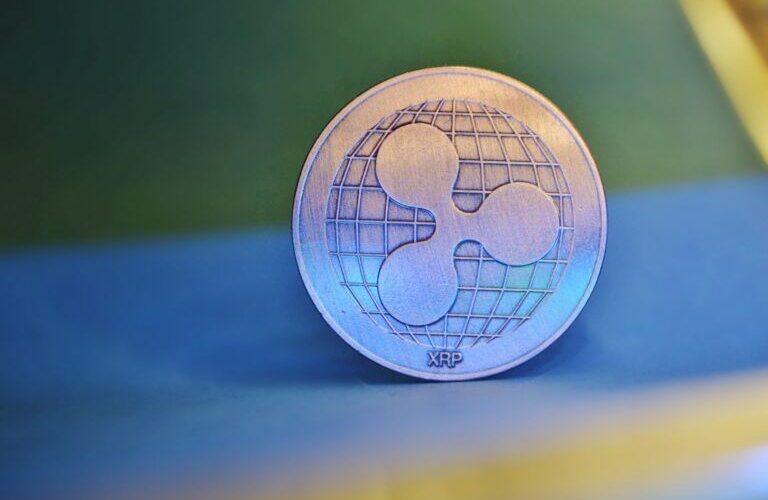$XRP: Ripple Clarifies Six Misconceptions About Judge Torres' Ruling
In its recently-released Q2 2023 XRP Markets Report, Ripple, the company behind the XRP cryptocurrency, has addressed several misconceptions surrounding the recent court decision in the case of Securities & Exchange Commission (SEC) v. Ripple Labs Inc. According to Ripple, the court’s decision declared that XRP is not a security, a ruling that Ripple views as a significant victory.
Ripple begins its report by expressing satisfaction over the court’s decision, which it interprets as a clear statement that XRP is not a security. Ripple believes this ruling sets a precedent for other market participants. The company also criticizes the SEC’s strategy of regulation by enforcement, which it perceives as a method of intimidation and misinformation.
Ripple then proceeds to clarify six misconceptions about the court’s ruling:
- Misconception 1: Ripple refutes the idea that the decision is a split decision. The company asserts that the case was primarily about gaining clarity on the regulatory status of XRP in the U.S., and in Ripple’s view, the court’s decision is a resounding win for both Ripple and the broader industry.
- Misconception 2: Ripple counters the notion that the decision implies XRP is a security in some settings and not in others. According to Ripple, XRP itself is never a security. While XRP can be sold as part of an investment contract, Ripple insists that the XRP itself does not transform into a security in those situations.
- Misconception 3: Ripple addresses the argument that a share of stock is always a security, so it makes no sense that certain transactions in XRP are securities and other transactions are not. Ripple explains that the existence of an investment contract must be determined on a transaction-by-transaction basis, which is different from a traditional share of stock.
- Misconception 4: Ripple disputes the idea that the decision is wrong because it protects sophisticated institutions but not retail buyers. Ripple argues that the court ruled on the reach of the SEC’s jurisdiction, which stops once there are no securities to regulate. Ripple also criticizes the SEC’s regulation-by-enforcement campaign, which it says has repeatedly hurt the retail consumer.
- Misconception 5: Ripple refutes the claim that the decision makes it impossible for Ripple to do business. Ripple states that since the SEC filed suit in December 2020, the vast majority of Ripple’s customers and counterparties have been outside the United States. Ripple’s foreign businesses continue to partner with those non-US parties in jurisdictions where the regulations are clear.
- Misconception 6: Ripple clarifies the belief that the court ruled against Ripple on its fair notice defense. According to Ripple, the court ruled against Ripple on its fair notice defense as to Ripple’s “Institutional Sales” only and left open the fair notice defense as to the other types of transactions at issue in the case.
The court ruling has also had a positive impact on XRP’s market performance. Following the decision, several cryptocurrency exchanges, including Coinbase, Kraken, and Bitstamp, made XRP available for trading on their U.S. platforms. As a result, XRP was among the top three digital assets by trading volumes.
In addition to the court case, Ripple’s Q2 2023 report also provided updates on the company’s XRP holdings. As of June 30, 2023, Ripple held 5,551,119,094 XRP, with an additional 41,900,000,005 XRP subject to on-ledger escrow lockups that will be released each month over the next 42 months.
Featured Image Credit: Photo / illustration by vjkombajn via Pixabay
Source: Read Full Article

